In Deep
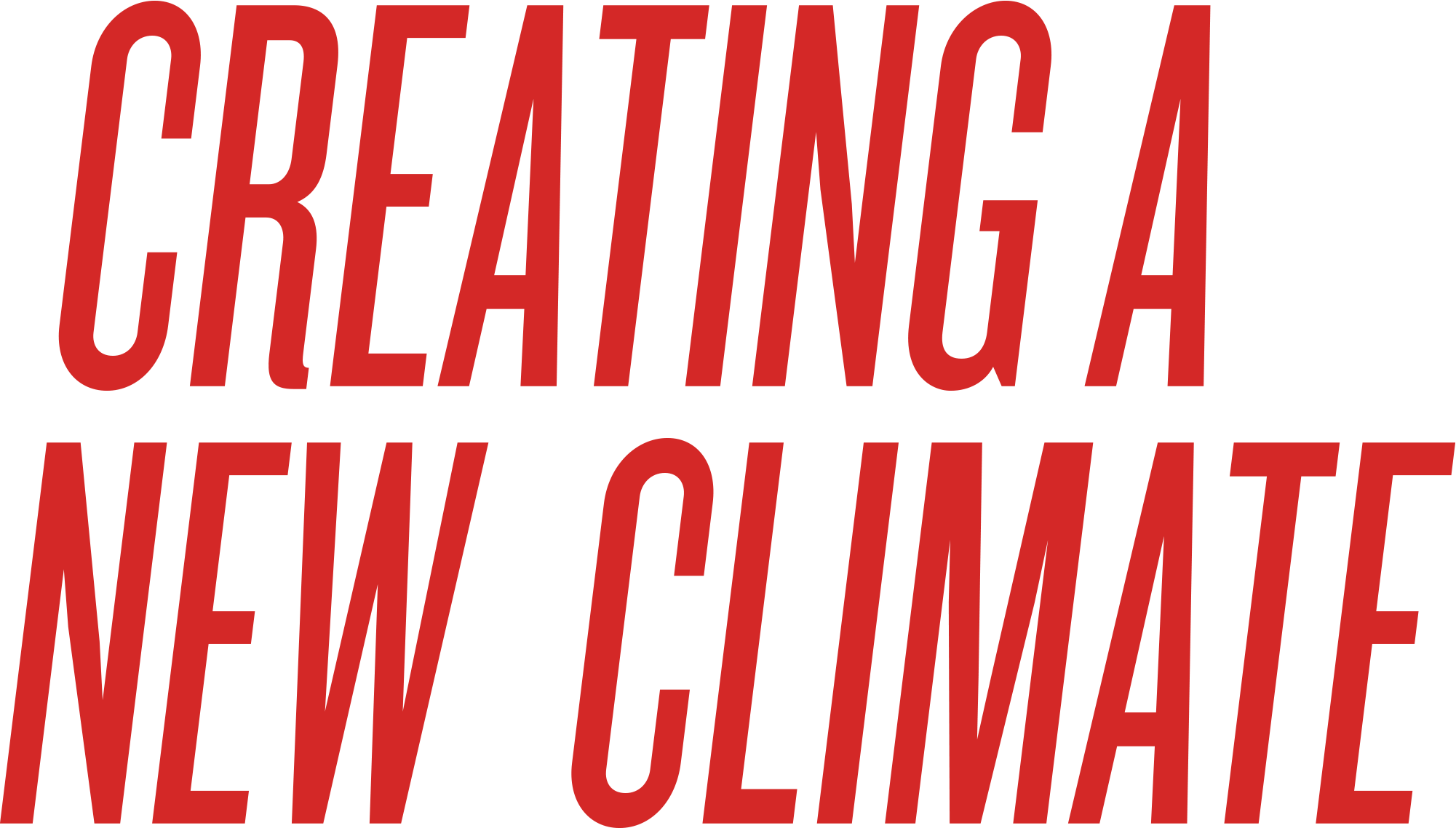
rowing up in rural Kansas, Martin Tomlinson ’23 experienced the effects of the climate crisis firsthand.
“I saw my neighbors’ crops failing and the water in the creek behind my house beginning to dry out,” says Tomlinson, a double major in peace & conflict studies and religion with a minor in environmental studies. “As my town became more and more abandoned, I began to realize that this was the death of a way of life and of a community.”
Such evidence of the existential threat posed by the climate crisis continues: This summer alone, the United States experienced heat waves, droughts, wildfires, and floods that claimed hundreds of lives. A recent report authored by the United Nations’ Intergovernmental Panel on Climate Change warns that global climate change is accelerating due to insufficient reduction of human-caused greenhouse gas emissions. Described by U.N. Secretary-General António Guterres as a “code red for humanity,” the report suggests that limiting global warming to below 1.5 degrees Celsius, a tipping point for increased risk of irreversible climate disaster, is no longer possible and that further warming can only be avoided by rapid and large-scale reductions of all greenhouse gases.
Faced with the enormity of the crisis, many students, including Tomlinson, feel overwhelmed and paralyzed by the seeming inevitability that things will only get worse.
Social isolation caused by the ongoing COVID-19 pandemic has also done little to alleviate the fear that the time for decisive, collective action has passed.
In this reality, it is critical to have a space for discussing the climate crisis and formulating action at both the individual and community level. At Swarthmore, a student-led workshop series, Climate Essentials, aims to fill this role by encouraging participants to “critically engage with the climate crisis in its many dimensions.”
The series of lectures and virtual meetings works to draw participants into community and build on an awareness that actions can be taken to combat climate anxiety.
Climate Essentials began in 2020 as a five-session pilot program under the direction of Atticus Maloney ’22 and Declan Murphy ’21, students in the President’s Sustainability Research Fellowship (PSRF) who developed a syllabus with guest speakers and recommended readings related to the climate crisis.
“Many of us at Swarthmore are grappling with the same concerns and questions about the climate crisis,” says Murphy. “We wanted to create opportunities for community members to talk about these things, hear other thoughts, and then work to translate conversations into action.”
This year, Tomlinson and fellow PSRF participant Maya Tipton ’23 took the reins of the now-virtual Climate Essentials course with help from Murphy and Terrence Xiao ’20, a sustainability and engaged scholarship fellow in the Office of Sustainability.
Although the move to Zoom initially presented challenges, the virtual format allowed for double the number of participants of the pilot program; this year’s series had more than 100 registrants, consisting of students, staff, faculty, community members, and alumni.
“The virtual environment actually helped create a strong sense of community because it made the course accessible to people who normally wouldn’t be able to join,” says Tomlinson. “We had alumni from all over the country calling in and students in different parts of the world participating as well.”
Over six sessions, the workshop covered topics such as “Indigenous Environmental Justice,” “Climate Science and Policy,” and “Planning for the Future,” and featured such speakers as Indigenous activist Enei Begaye Peter of the Diné and Tohono O’odham nations. The broad range of topics was designed to help participants understand the all-encompassing nature of the climate crisis and intersectionality within.
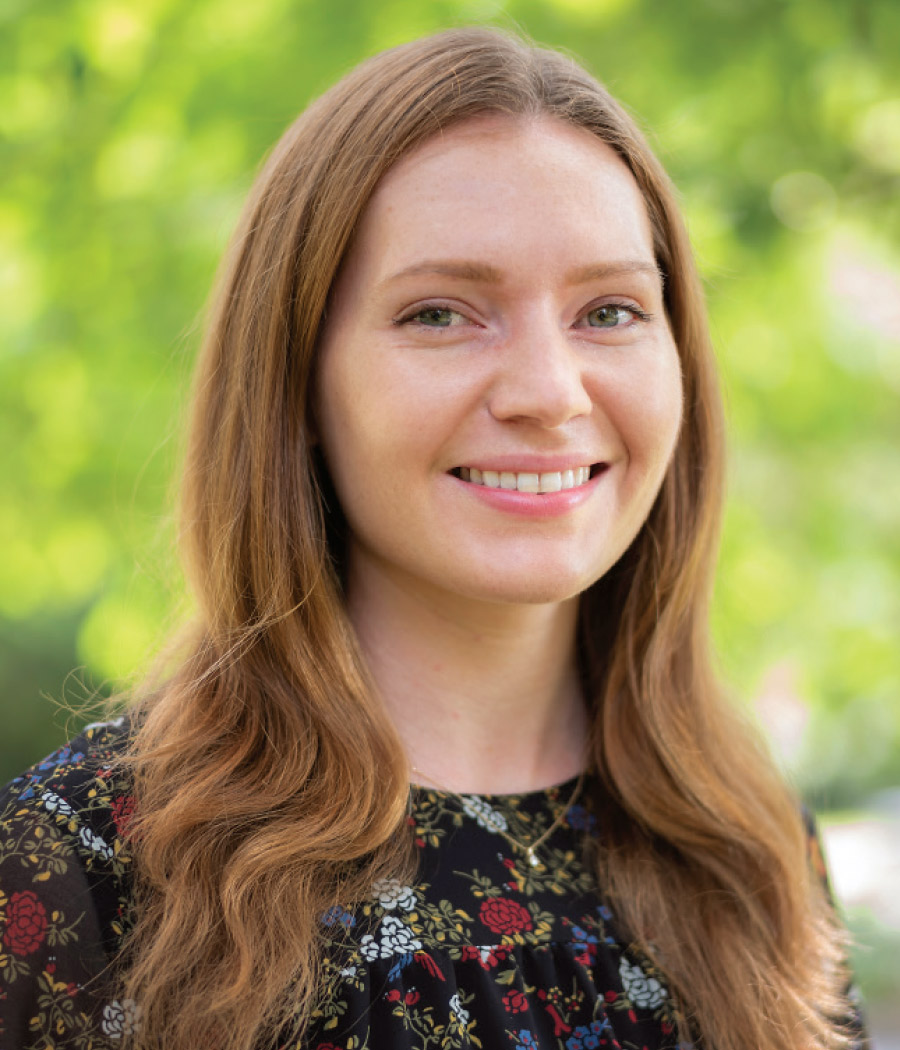
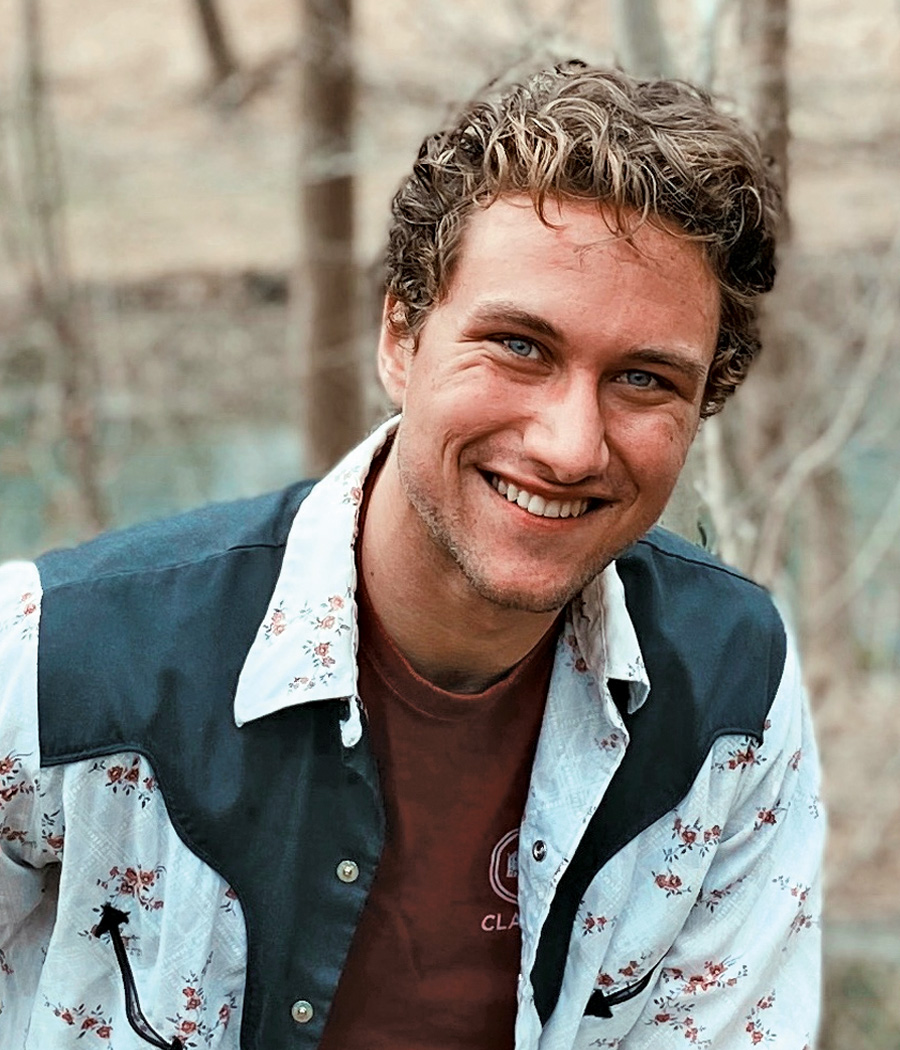
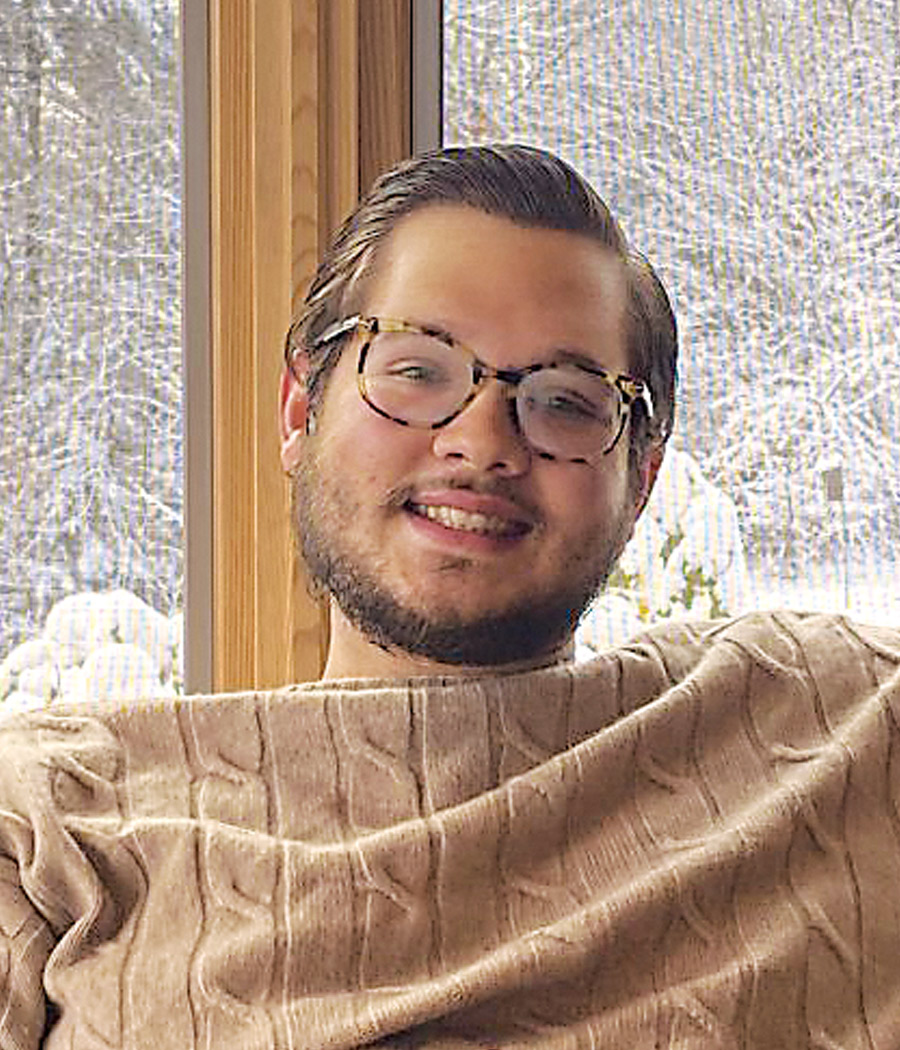
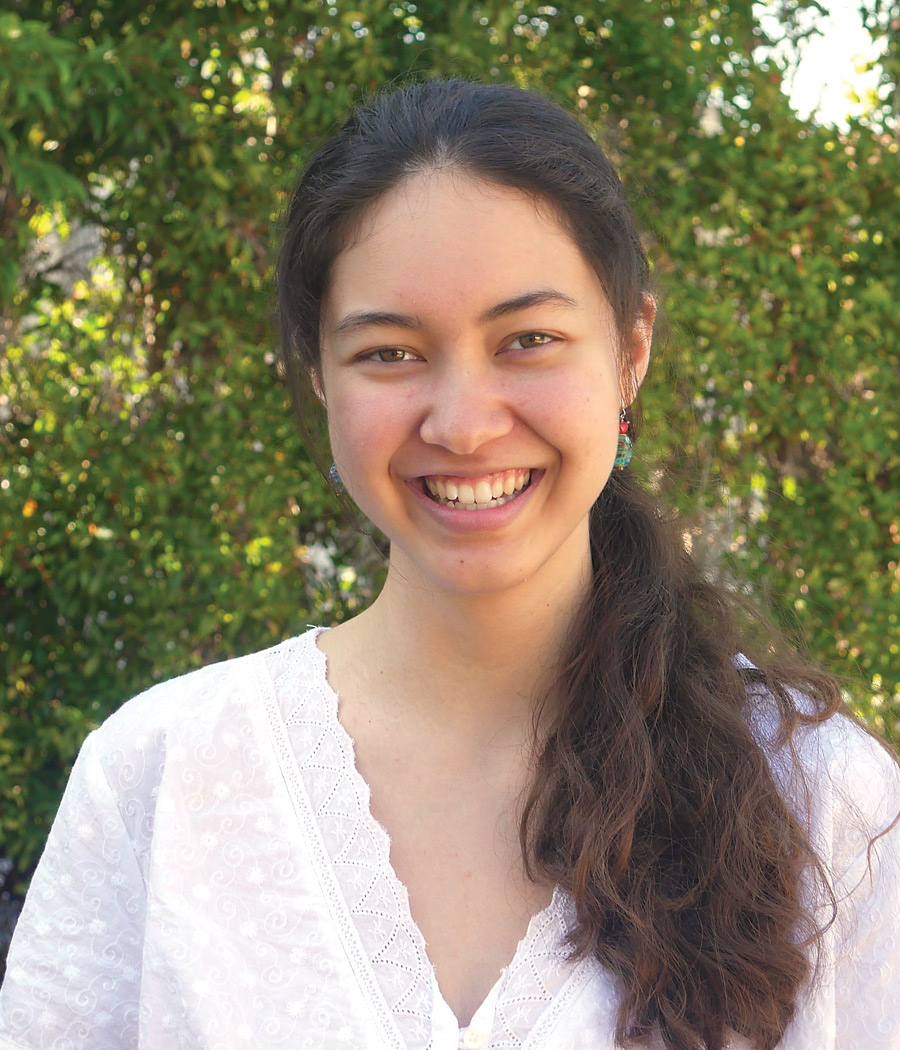
“Ultimately, the goal is to build a critical mass of community members who understand the crisis and its urgency,” Drake adds. “Hopefully, that awareness will influence the way they approach their lives and there will be many impacts, however small, that result.”
Translating knowledge into action was the focus of the final session, which provided participants with an opportunity to reflect on their own impacts. For example, climate activist Fran Putnam ’69 planned to educate herself further on environmental issues faced by Indigenous people, while others planned to get involved with local organizations such as Chester Residents Concerned for Quality Living.
Holding Climate Essentials during this unique time led several of its organizers to reflect on the similarities between COVID-19 and the climate emergency, and what can be achieved through collective responsibility.
“I believe both crises result in part from a widely held belief that we exploit the planet, animals, and others without significant consequences,” says Tipton. “Climate change and COVID show us that we are not separate from our environment and other people — in fact, we are all deeply interconnected.”
“Gone are the days where we imagine we cannot sacrifice some aspect of our daily lives for the good of the whole,” adds Maloney. “Hopefully, we can channel this energy to make similar sacrifices for the survival of the human species in the face of climate catastrophe.”